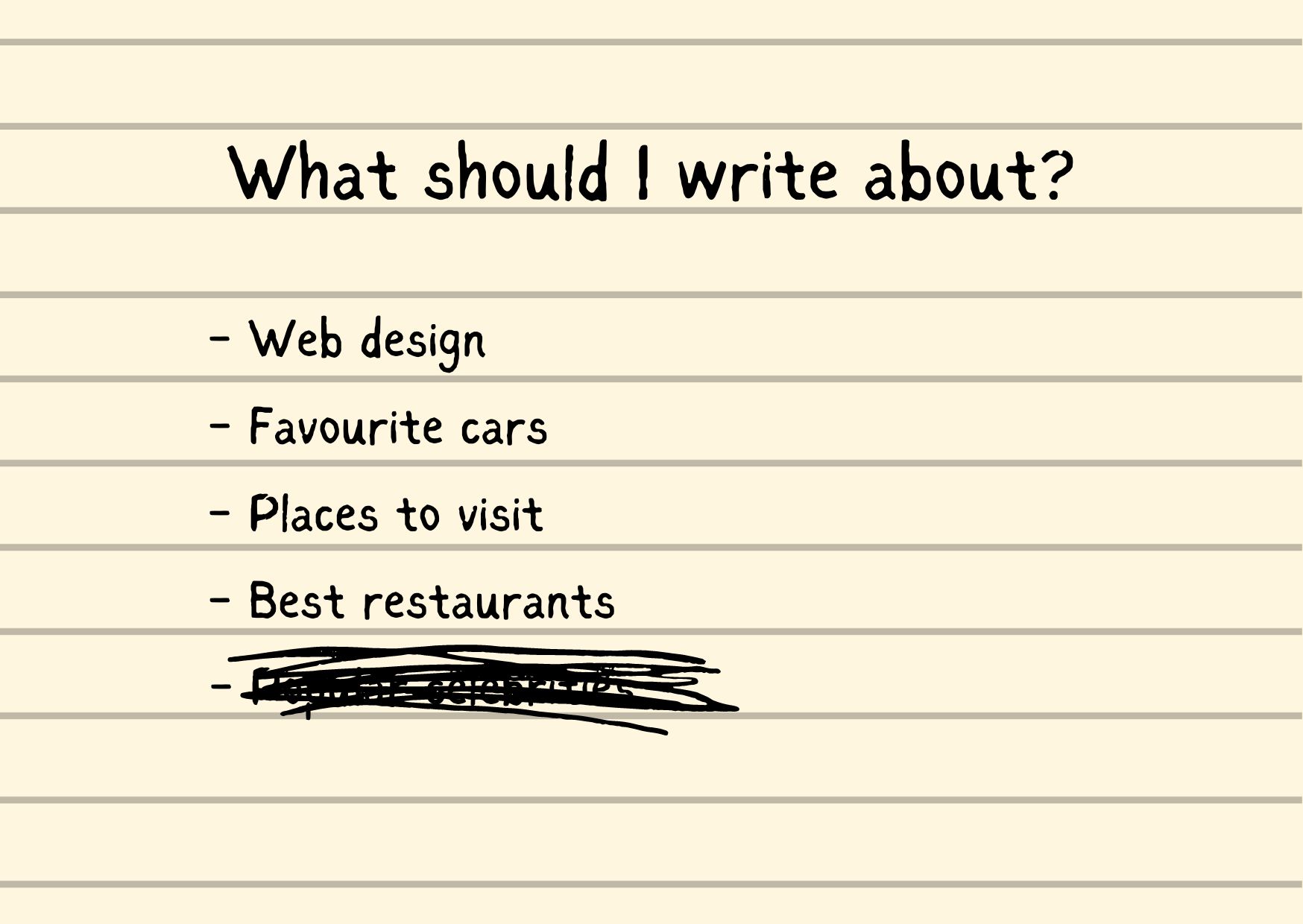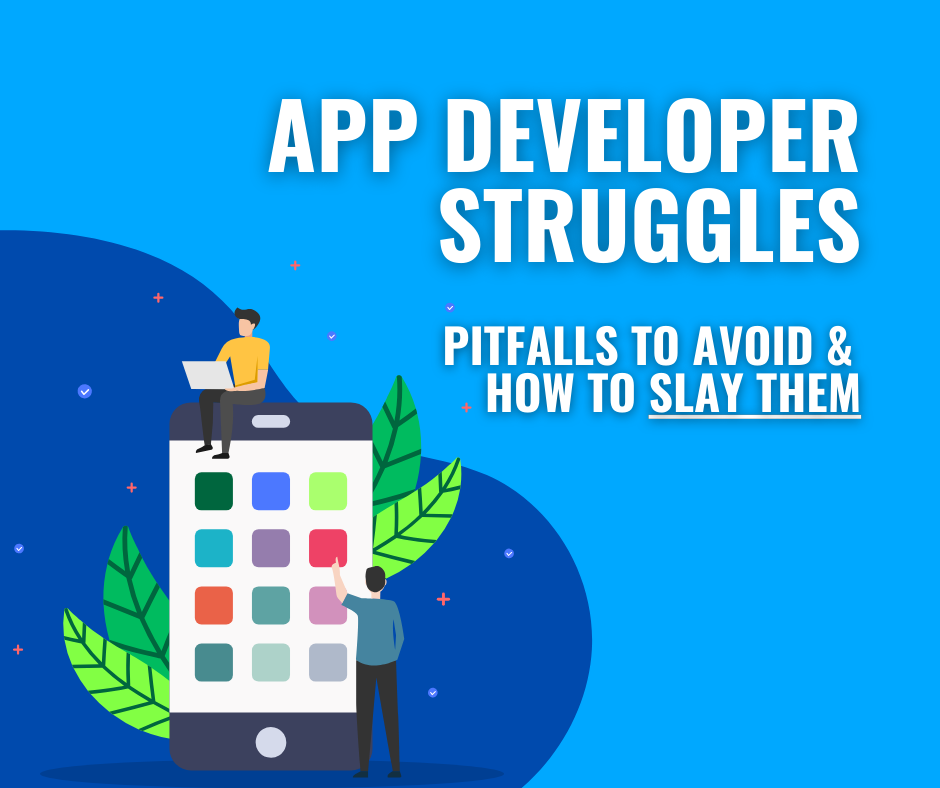
What should I write about?
Don’t let the title fool you, I haven’t run out of things to write just yet. Although if you do have any suggestions, feel free to let us know, I would like to avoid writer’s block for as long as possible.
I’m sure we’re all in agreement when I say that blogging is brilliant for your business. It’s an excellent way to create backlinks to other sites, get keywords on your website in as many places as possible, and prove to Search Engines and readers that you are a trustworthy source. However, we can appreciate how difficult it can be to come up with new and original content week in, week out to keep your readers engaged and eager for more.
There are lots of things to consider when writing blog posts. Does this topic relate to my website and brand? Do I know enough about the subject to write a whole post? Has enough research been carried out in this field so I can write an informative and well-rounded post, including credible backlinks to trustworthy pages and sites? Have I adopted an appropriate writing style and stuck with it throughout?
When I first began, I wrote a list of everything I wanted to cover, it was short, it included ideas I have never written about, nor considered writing about since I wrote the list, but it was a very good place to start. When I began writing posts, I found that by writing and researching my initial topics, new ideas and subjects popped up everywhere I looked. My initial list is now long and continues to grow every week.
If you don’t have specific ideas of what to write about, you can also list ideas and topics relating to your business. For example, if you run a clothing embroidery business and you’re finding it difficult to think of specific blog posts, consider all the topics that feed into your daily business life. Hand embroidery, embroidery machines, a monthly round up of new designs you are selling, your business influences, sustainability, how you recycle within your business. When you make a list like this, you have a starting point and subsequently a list of topics and inspiration for a whole host of posts moving forward.
Try and collect as much information as possible, read around your subject, find other credible sources that have written about similar topics. Be knowledgeable, if people were to ask you questions regarding your most recent post, would you be able to answer them, provide further information? Have you searched your sources for bias? Most online content has an angle; you need to either decide on your own angle or write well-rounded pieces that take onboard many angles and opinions.
Usually, you can adopt a less formal and more conversational style of writing when blogging, you want to prove to readers that although you’re blogging for a business, you yourself are a human being and not a robot. Another way of ensuring maximum unrobot-ness is to try and include humour or personal anecdotes, this is one of the only occasions when you can write in the first person, so take full advantage! Include question, whether they’re rhetorical or not doesn’t matter, they get the reader thinking independently about the subject of your post and use contractions where you would formally use full words. Basically, anything you learnt or know about essay and formal writing you can throw out the window.
Your posts will vary and might take on a more or less important role within your business depending on how your readers and customers receive them. In the beginning it can be good to try lots of different posts and styles to see what works best, whether that be chatty, instructive, highly informative with lots of external links and input.
Consider what you feel most comfortable writing, perhaps share the responsibility between a few members of staff whose areas of expertise vary. It’s all up to you and shouldn’t be a burden but rather a small enjoyable task you know is going to help others and help your business. If you have any other blog writing tips, we welcome all and any advice, find us on social media and start a conversation!





